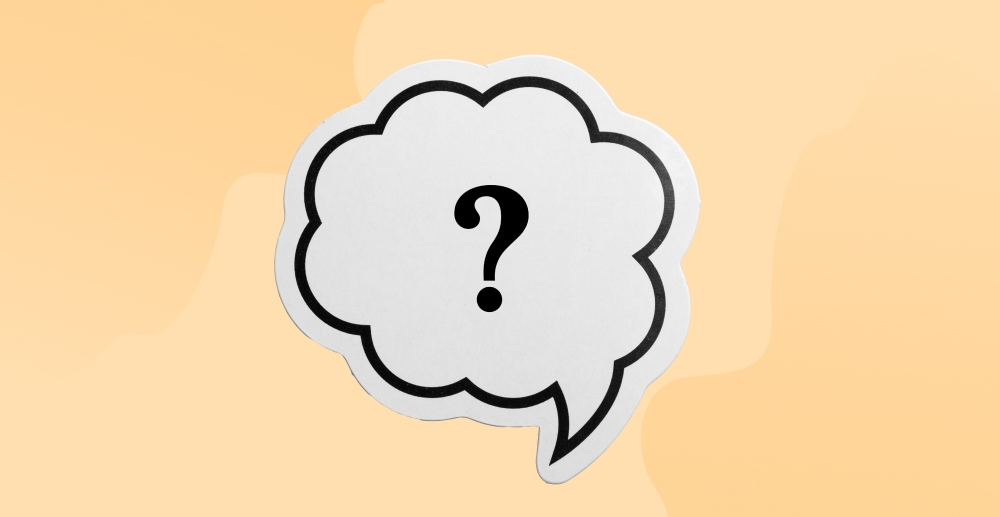Amidst the opioid crisis, opioids in the workplace are becoming a more prevalent issue. Lara Frazier tells her story of addiction at work.
“Are you okay, Lara?” Katie’s voice came from the other side of the stall. She was a woman I adored and had considered my mentor at one time. I remember hearing the concern in her voice. All I wanted to say was, “Just leave me alone.”
“Yup. Everything’s fine!”
In reality, everything was not fine. Nowhere near fine, in fact. I was wearing a bandage around my wrist because I had torn through my walls the night before, thinking someone was spying on me—wires in the walls—and a framed picture had fallen. The glass sliced through my skin.
She probably wondered if my boyfriend was physically abusing me, with these bandages around my wrists and scars on my arm. I’d changed. I wasn’t the same as when she first met me. Back then I had been friendly. Diligent. Hardworking. Ambitious. That wasn’t me anymore. The drugs had turned on me. Again.
She hired me because she knew I was a doer, a go-getter.
In my first month, I exceeded my sales goals, just as expected. People clapped for me. Celebrated me. I didn’t tell them I was only 4 months sober and living in a sober living home for women who are recovering from substance-use disorder, somewhere outside of west L.A.
It started innocently enough. I worked hard, staying late most nights. I landed some accounts and thought I could have a drink. Sneakily, I started buying mini-wine bottles after work and hiding the bottles in a brown bag in the back of my car. My boyfriend smelled it. He was sober too. (We had met in rehab.) I lied to him, and he pretended to believe me.
It didn’t last long, though. Two months later, he was bringing me heroin after work. But, heroin wasn’t my drug of choice, and I turned to amphetamines. Adderall wasn’t as easy to get ever since my parents had threatened my doctor and told him to never prescribe this drug to me again, ever.
I couldn’t find Adderall. So, my boyfriend and I searched the streets of Hollywood for a synthetic drug known as bath salts. We couldn’t find that either. But he did find crack. And I thought that would be good enough, for now.
I smoked crack before work.
I would sleep about three hours a night, and then fall asleep during our weekly sales meeting once the crack wore off. People stared at me as my eyes rolled back into my head. I excused myself after these meetings, went to the bathroom, and smoked more crack.
I didn’t even like crack. It was only the third time I’d smoked it in my life and it didn’t last long enough. But I had to wake up. I returned to my office, feeling a little bit better. A little bit more awake. I made calls and did my job. I functioned, for certain definitions of “functioned.” But not like I once had.
As days went on, I knew I was becoming odder, more off-balanced. My colleagues avoided me. I avoided myself. I ended up discovering meth and started to seriously abuse it.
Eventually, I stopped showing up for work. If I did go to work, I brought my drugs with me. Work became more fun after I started carrying meth in my purse. I took breaks every two hours to go to the parking garage to smoke it. I couldn’t keep up with this drug. I’d have psychotic episodes from it. Eventually, I got fired and I returned home to collect unemployment and live in a way I never thought I would live—in active addiction, dark and merciless. This cycle would continue for a few more years.
My resume doesn’t show my addiction, or that I struggled with substance abuse for the last three years.
My resume shows that I have an MBA from a prestigious university and over four years of experience at one of the leading cable television networks in the world. But my resume doesn’t speak of my addiction, nor do I.
I hide it. Ashamed. I used to be someone. I wanted to be someone again, but I didn’t know how to get there.
Using drugs at work (the first time around) started very innocently, and it was never obvious to those around me. I would take my prescription opiates here and there. It considered them a way to unwind, to get things done, or to accomplish more. I told myself I could take them or leave them, and I very rarely used them at work. It was just a weekend thing.
When my addiction started, I still had my apartment by the beach, the Mercedes, the lawyer fiancé. I had two dogs, a group of close friends and family, and a full life. Whatever an “addict” looks like, I didn’t look the part. I never imagined that substance use disorder would become part of my DNA. Nor did I ever imagine that a few years after my car accident, after I was prescribed as many painkillers as I wanted, I would turn to crack and meth, and live in and out of psych wards and sober living homes. I never, ever pictured my life like this.
The unfortunate truth is that more and more people are becoming addicted to prescription pills.
More and more people are using prescription medications for non-medical reasons. They’re turning into active users who get caught in a merciless addiction that they never thought could happen to them. Substance use disorder doesn’t always start with a needle in the arm at a party, like many people might think.
According to the U.S. Department of Health and Human Services, 76% of people with drug or alcohol problems are employed. About 19.2 million U.S. workers (15%) reported using or being impaired by alcohol at work at least once in the past year. Also, more than 20% of alcoholics are high functioning and well-educated. The likelihood of substance abuse in the C-level suite of executives is incredibly high. Most executives are driven very, very hard to succeed, and that same level of drive often applies to their addiction as well.
High-achievers are able to still perform at work and thus, their substance abuse can go unnoticed for quite a bit of time. This was my story, until it wasn’t. Addiction usually gets worse, not better. And over time, I found myself abusing more medications and always crossing a line that I said I would not cross.
I didn’t foresee myself using crack, meth, pills, and booze at work, but that was my reality. I hope more people wake up to the fact that opioid addiction doesn’t just affect the less fortunate, it affects all of us. Some just hide it better than others.









